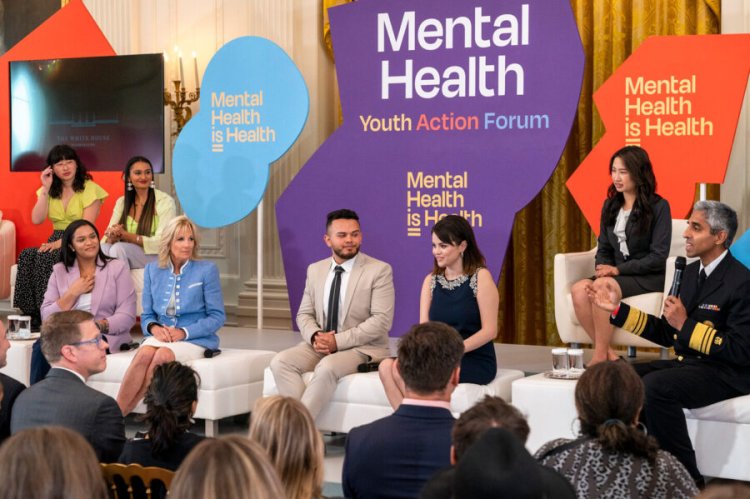Mental Health and Youth: Nurturing Well-being from Adolescence to Adulthood
Unlock the secrets to promoting Mental Health and Youth with our comprehensive guide. Learn valuable insights, tips, and FAQs to navigate the delicate journey of adolescence to adulthood successfully.

Introduction
FAQs
What's Your Reaction?





















